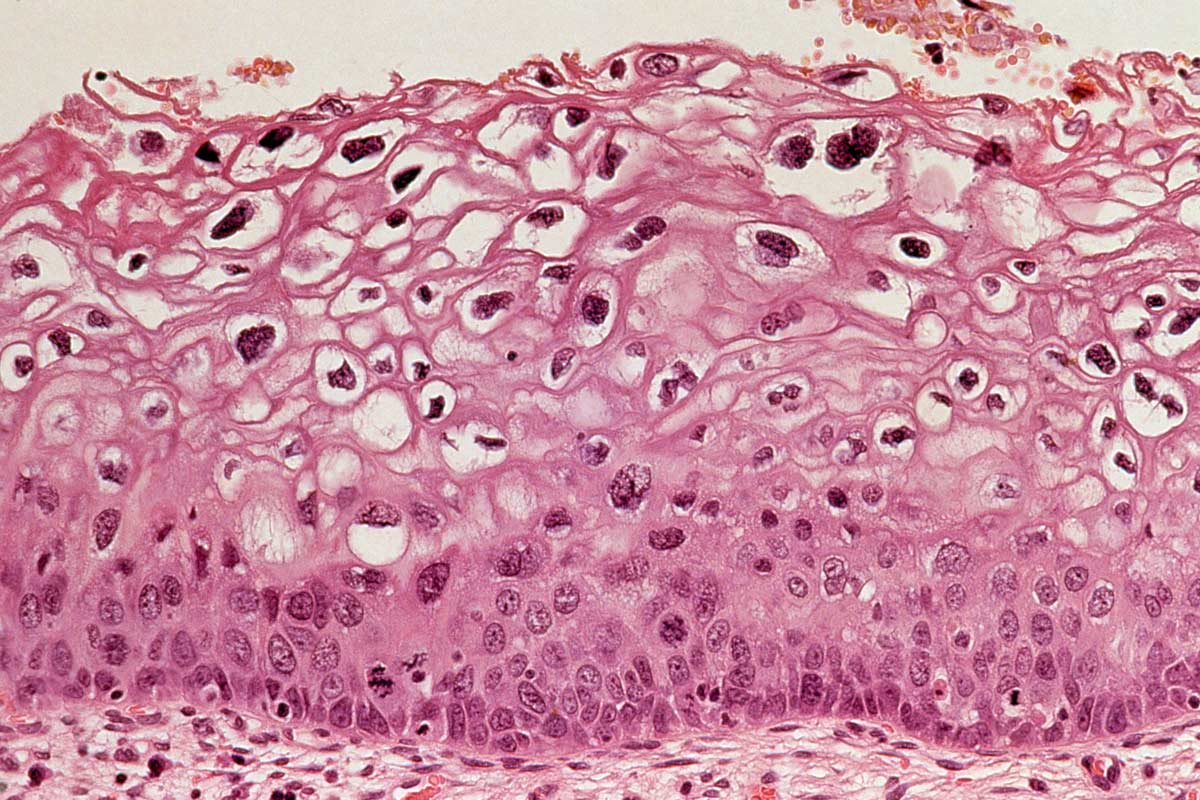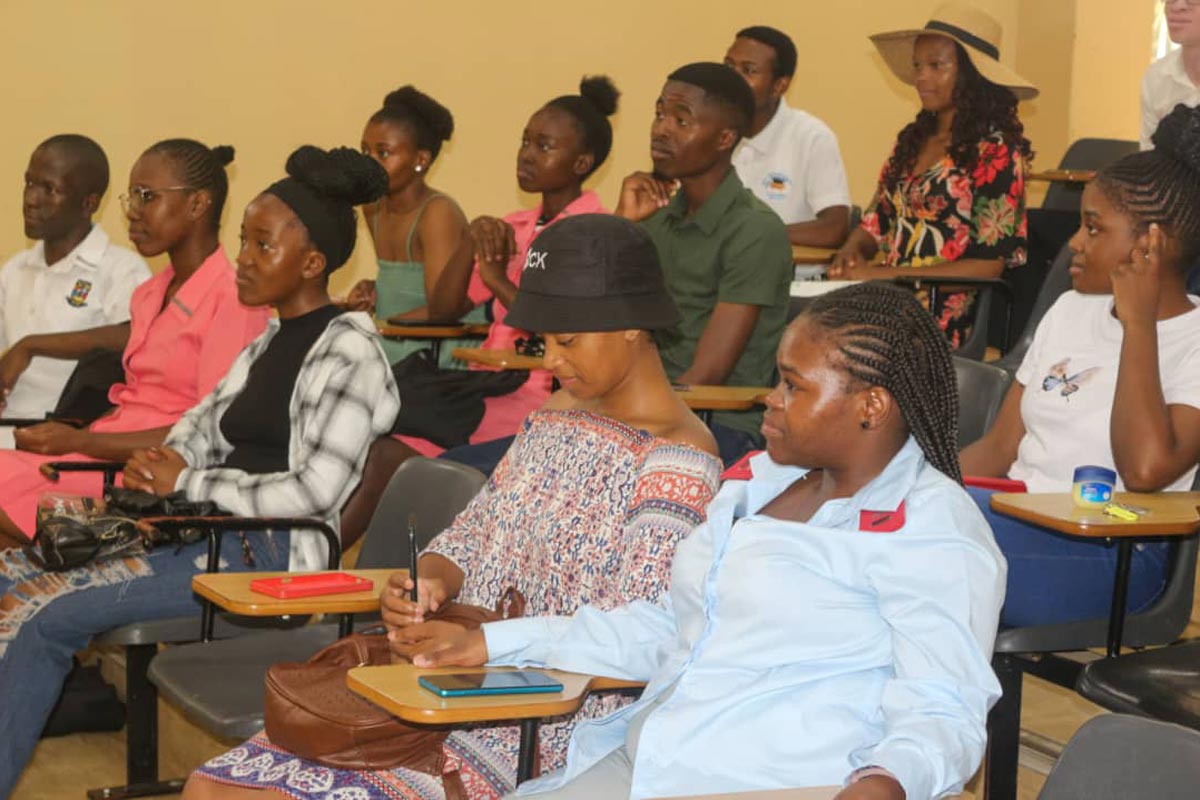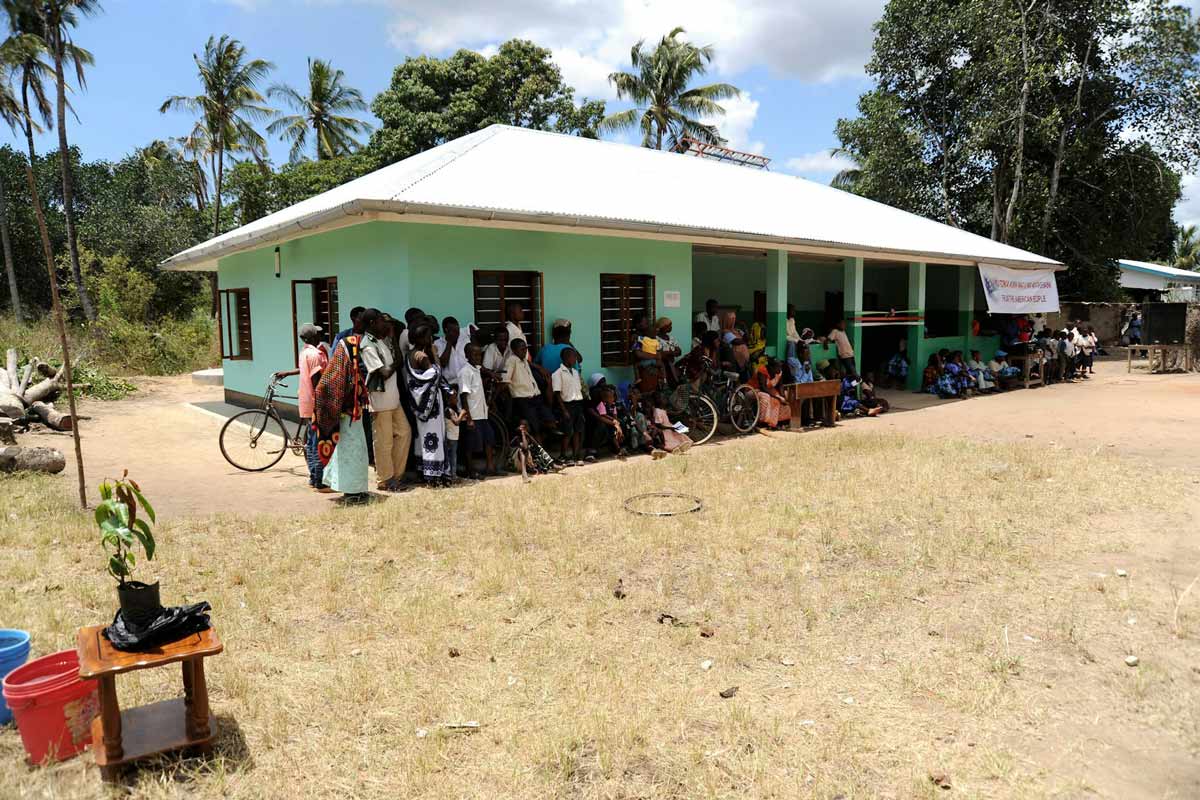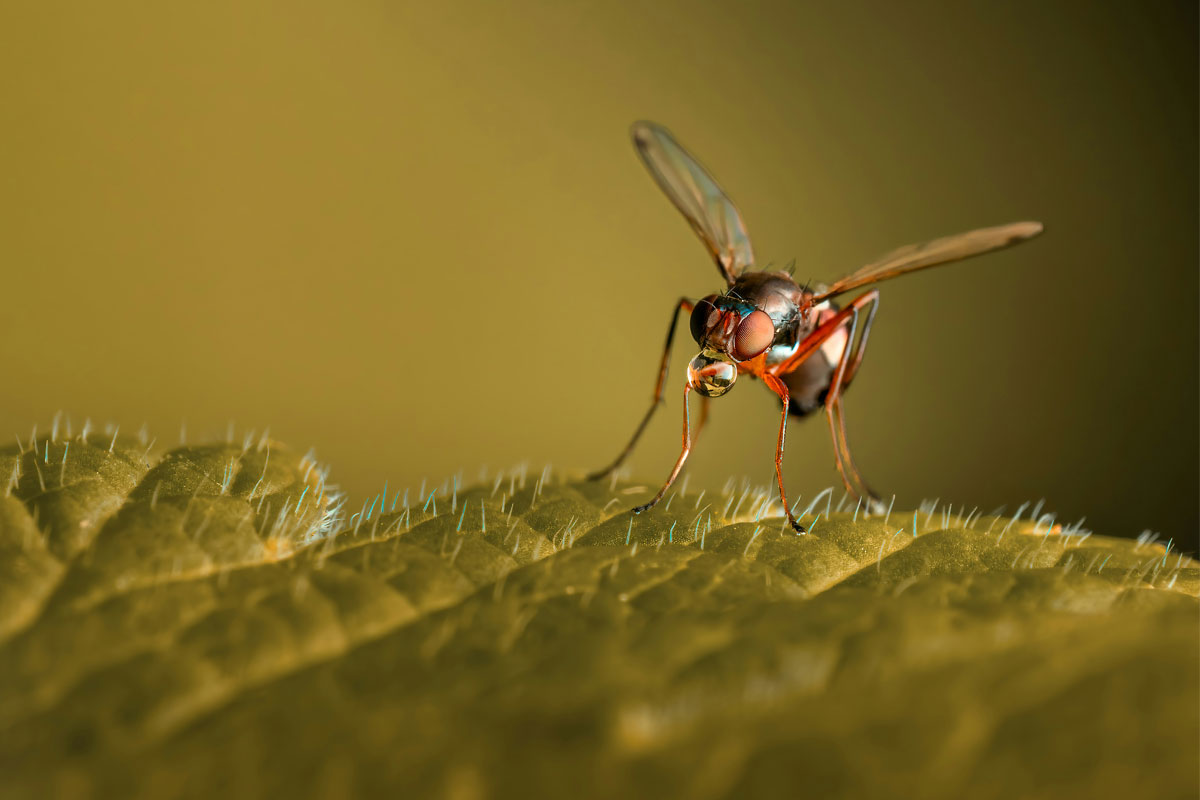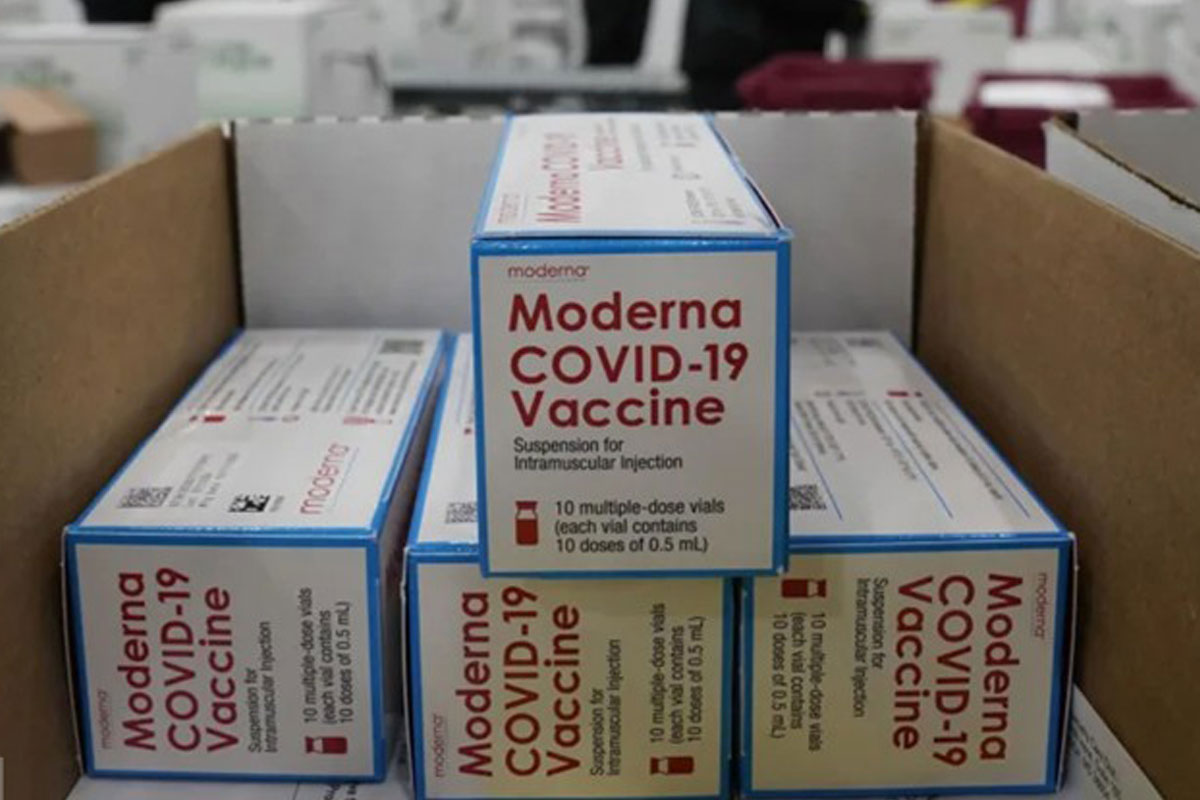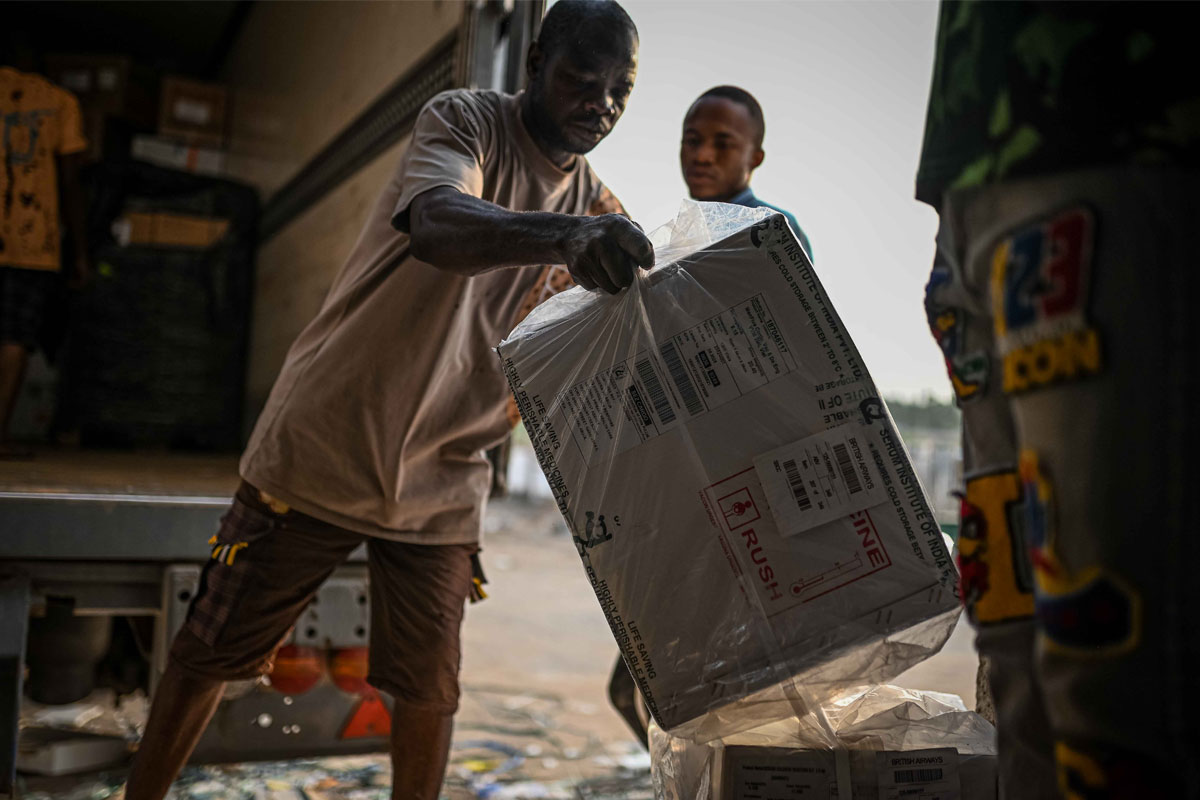Gavi COVAX AMC: a shot in the arm for international cooperation
Never has the development of vaccines been so widely anticipated as for COVID-19, and arguably never has so much been at stake. Because without COVID-19 vaccines, we cannot bring this crisis to a swift end.
- 6 November 2020
- 4 min read
- by Paris Peace Forum

Never has the development of vaccines been so widely anticipated as for COVID-19, and arguably never has so much been at stake. Because without COVID-19 vaccines, we cannot bring this crisis to a swift end. This has focused the world’s attention on the critical role vaccines play in protecting lives, livelihoods and economies. But vaccines do more than save lives; they help foster equitable, peaceful and stable societies. The economic, political and social benefits of immunisation mean that countries in conflict need COVID-19 vaccines at the same time as countries at peace — regardless of whether they can afford to pay.
To sustain peaceful societies, countries must build trust and social cohesion, reduce hate and violence, strengthen economic resilience, ensure inclusion of women and marginalised groups, and so much more — in addition to providing essential services. Against the backdrop of the “worst recession since World War II,” the pandemic is “profoundly affecting” peace and security across the globe.
More than 40% of the global poor live in conflict- and violence-affected economies. In fragile settings — the places most deeply affected by conflicts, forced displacement and natural disasters — the challenges of the COVID-19 pandemic are compounded. A new report from the World Bank estimates that by 2021, the pandemic may push up to 150 million people into extreme poverty, living on less than US$ 1.90 a day. Many are likely to live in congested urban settings, to work in sectors most affected by lockdowns and mobility restrictions, to be informal workers and unreached by social services. Many will be in countries with already high poverty rates; about 82% will be in middle-income countries.
The only way to protect people in all corners of the world from COVID-19 is through the COVAX Facility. Co-created and coordinated by my organisation, Gavi, the Vaccine Alliance — working with the Coalition for Epidemic Preparedness Innovations (CEPI) and the World Health Organization (WHO) — COVAX is the biggest multilateral effort since the Paris climate agreement and the world’s best hope of bringing this pandemic to the swiftest possible end, because it is the only truly global solution that will enable people in low- and middle-income countries to get rapid, fair and equitable access to COVID-19 vaccines.
Have you read?
With more than 180 governments involved, representing around 90% of the global population, the COVAX Facility initially aims to make 2 billion doses of COVID-19 vaccines available by the end of 2021, which should be enough to protect high-risk individuals, such as health and social care workers, and vulnerable people. Through an innovative financial mechanism, the Gavi COVAX Advance Market Commitment (AMC), nearly half these doses will be made available to people in the world’s 92 poorest countries.
It’s only fitting: the city that gave birth to global climate governance is now home to the Paris Peace Forum, which this month is devoted to the multi-actor response to COVID-19. The Forum’s vision of peace is “not just the suspension of war,” but “all the solutions that help reduce international tensions.” The Gavi COVAX AMC, which is showcased as 1 of the Forum’s 100 selected projects, is building bridges so that people living in economies facing poverty, fragility, conflict and violence have the same shot at health as those in wealthier, more stable nations.
Immunisation is a foundation upon which primary health care systems can be built. In turn, health care can be a platform for development, and for restoring the economic and social fabric in fragile settings. Whether it’s COVID-19 or cholera, Ebola or polio, the fight against infectious diseases can unite governments, civil society and the private sector to work together towards a single common mission: protecting everyone’s right to a healthy future.
Views expressed in this publication are the author’s and do not necessarily reflect the views of the Paris Peace Forum.
. . .
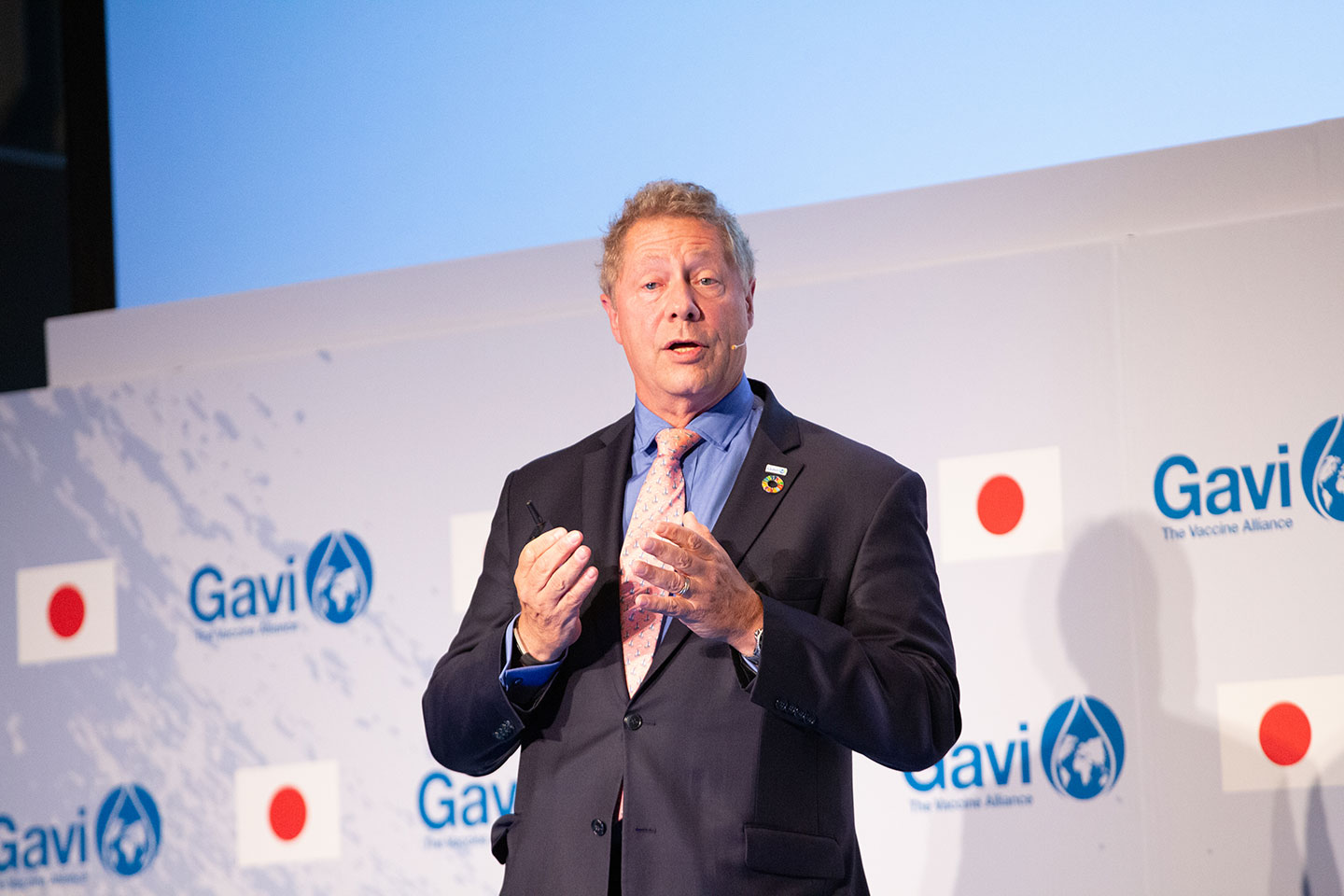
Dr Seth Berkley is a medical doctor and infectious disease epidemiologist and joined Gavi, the Vaccine Alliance as its CEO in August 2011, spearheading its mission to protect the world’s poorest children by improving access to new and underused vaccines. Dr Berkley is co-leading the Vaccines Pillar of the Access to COVID-19 Tools (ACT) Accelerator, working to develop and distribute a SARS-CoV-2 vaccine globally.
ORIGINAL ARTICLE
This article was originally published on the Paris Peace Forum's Medium blog on 6 November 2020.
